Description
COURGETTE DEFENDER VEGETABLE F1
COURGETTE DEFENDER VEGETABLE F1 is a premium, hybrid zucchini variety renowned for its robust disease resistance and reliable performance. This vegetable exhibits strong resistance to common zucchini diseases, ensuring a healthy and productive crop even in challenging growing conditions. It produces glossy, dark green fruits that boast a rich flavor and tender texture. With its dependable disease resistance and flavorful yield, Courgette Defender F1 stands out as an excellent choice for gardeners aiming for a bountiful harvest of delicious and healthy zucchinis.
Cultivation Advice
- Opt for well-draining, fertile soil. Prior to planting, enrich the soil with compost or organic matter for better fertility.
- Select a sunny spot for planting. Plant seeds or seedlings in hills or rows, ensuring appropriate spacing, typically about 24-36 inches apart.
- Maintain consistent soil moisture, especially during flowering and fruiting periods. Water deeply but infrequently to encourage robust root growth.
- Apply mulch to conserve moisture and suppress weed growth. Regularly remove weeds to prevent competition for nutrients.
- Use balanced fertilizers or compost during the growing season to supply essential nutrients for healthy plant development.
- Provide support structures like trellises or cages to encourage upward growth. Prune excess foliage to enhance airflow and facilitate easier harvesting.
- Courgette Defender F1 is known for its disease resistance; however, monitor for any signs of pests or diseases. Utilize organic pest control methods if necessary.
- Harvest courgettes when they reach the desired size, typically 6-8 inches long. Regular harvesting promotes continuous production.
- Utilize harvested courgettes promptly for optimal taste and texture. Refrigerate them in a plastic bag if storing to maintain freshness.
- Ensure warm soil temperatures (around 70°F/21°C) for optimal growth. Protect young plants from cold snaps or frost.
- Assist in pollination by gently shaking the plants or introducing pollinators like bees, especially in enclosed or indoor growing environments.
- Maintain even moisture levels in the soil, especially during flowering and fruiting stages. Avoid overwatering, which can lead to root rot.
- Consider providing trellises or stakes to support the plants, particularly in windy areas or if space is limited.
- Companion plant with herbs or flowers that deter pests and attract beneficial insects for natural pest control.
- Ensure good airflow around the plants to minimize the risk of fungal diseases. Prune overcrowded foliage to improve ventilation.
- Use organic remedies like neem oil or insecticidal soap as preventive measures against common pests.
- Regularly pick mature courgettes to encourage continuous production. Overgrown fruits may reduce further flowering.
- Periodically add compost or organic matter to replenish soil nutrients and maintain soil structure.
- Understand the specific growth habits and disease resistance of Courgette Defender Vegetable F1 for proper care and support.
- Keep a close eye on the plants for signs of stress, diseases, or nutrient deficiencies. Early detection allows for timely intervention.
- Employ watering methods that reach the root zone effectively, like drip irrigation or soaker hoses, to ensure water reaches the plants’ base.
- Practice crop rotation annually to prevent soil depletion and reduce the risk of pests and diseases.
- Use sterile tools for pruning to prevent the spread of diseases. Focus on removing damaged or diseased parts for better plant health.
- Consider introducing natural pest deterrents like garlic spray or companion planting with marigolds to repel pests.
- Regularly test the soil to assess nutrient levels. Adjust fertilization accordingly to maintain balanced soil fertility.
- Harvest courgettes at the recommended size to ensure tenderness and prevent seeds from developing excessively, which might affect taste and texture.
- If planning to save seeds, allow some courgettes to fully mature on the vine, then extract, clean, and store seeds properly for future planting.
- Consider providing temporary covers or cloches during cooler weather to extend the growing season.
- Share excess produce with neighbors or participate in local seed and plant exchange programs to diversify your gardening resources.

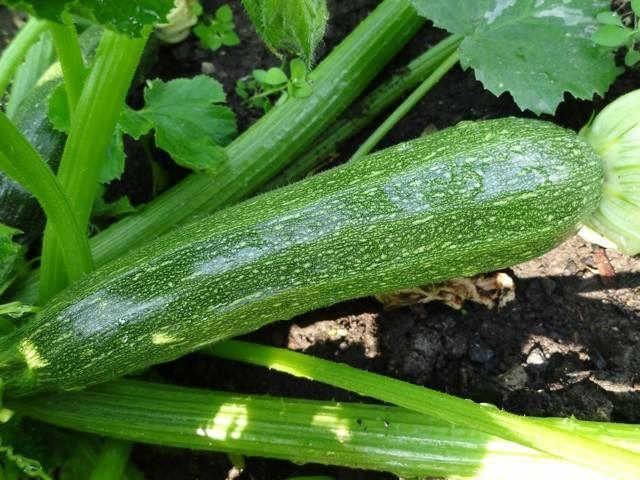
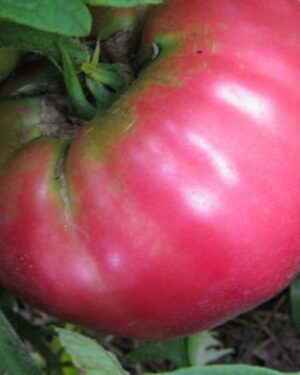
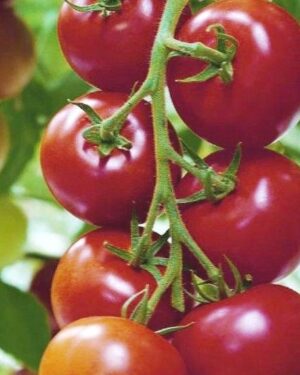
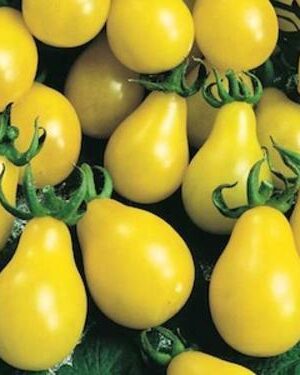
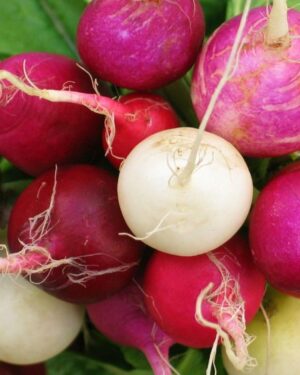
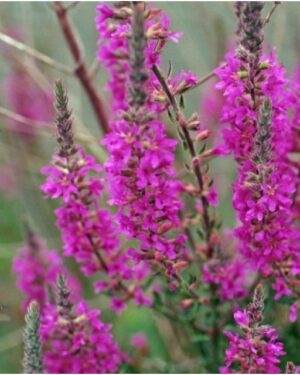

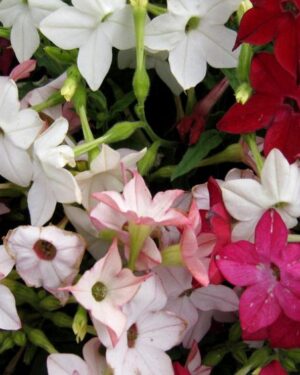
Reviews
There are no reviews yet.